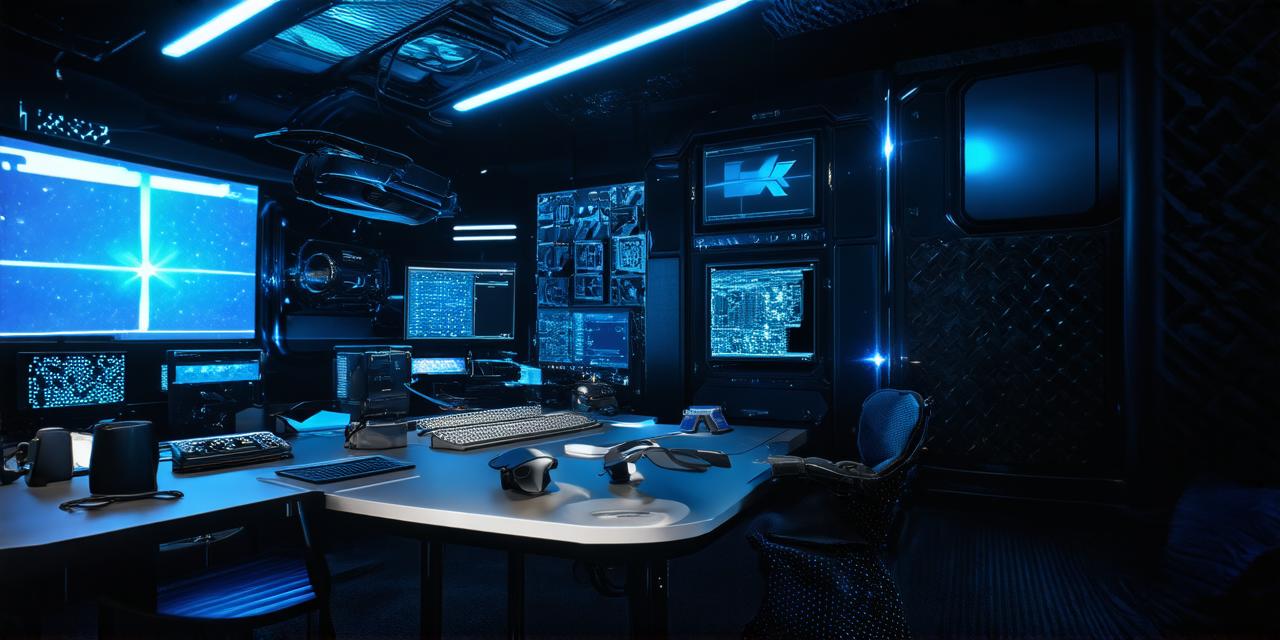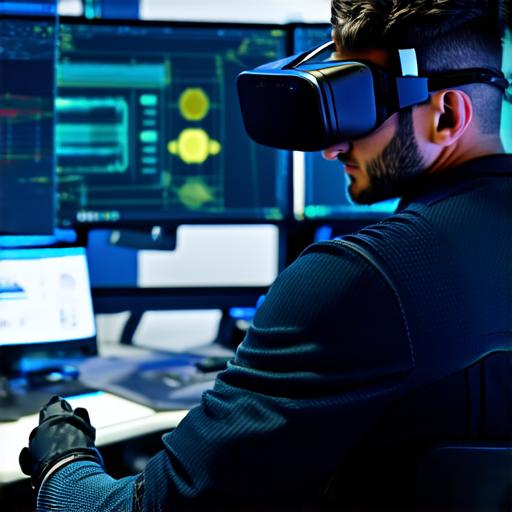
What are the responsibilities of a virtual reality developer?
Virtual reality (VR) is becoming increasingly popular in a variety of industries, including gaming, healthcare, and education. As VR technology continues to advance, there is a growing need for skilled virtual reality developers.
Responsibilities of a Virtual Reality Developer
Virtual reality developers are responsible for creating immersive and engaging virtual environments that transport users to different worlds. They use a combination of programming, design, and creativity to create these experiences. Some of the key responsibilities of a virtual reality developer include:
- Designing virtual environments: Virtual reality developers must have a strong sense of design and be able to create visually appealing and immersive environments that transport users to different worlds. They use tools such as 3D modeling software and game engines to create these environments.
- Developing interactive elements: VR developers must also be skilled at developing interactive elements within virtual environments. This includes creating realistic character movement, object interactions, and other interactive elements that make the experience more engaging.
- Optimizing performance: Virtual reality experiences require high performance to provide a smooth and immersive experience. VR developers are responsible for optimizing the performance of their creations to ensure they run smoothly on different devices and platforms.
- Testing and debugging: Virtual reality developers must also be skilled at testing and debugging their creations to ensure they are free from bugs and glitches. They must be able to identify and fix issues quickly to ensure the user experience is not impacted.
- Collaborating with team members: Virtual reality development often involves working as part of a team, including designers, artists, and other developers. VR developers must be able to collaborate effectively with these team members to create high-quality experiences.
Case Studies and Personal Experiences
To better understand the responsibilities of a virtual reality developer, let’s look at some case studies and personal experiences.

- Oculus Rift: The Oculus Rift is one of the most popular VR devices on the market. Virtual reality developers who specialize in creating experiences for the Oculus Rift must have a strong understanding of the device’s capabilities and limitations. They must also be skilled at optimizing their creations to run smoothly on the device.
- Medical Training: Virtual reality is being increasingly used in healthcare to train medical professionals. VR developers who specialize in this area must have a strong understanding of anatomy, physiology, and other medical concepts. They must also be skilled at creating realistic simulations that accurately represent medical procedures.
- Education: Virtual reality is also being used in education to create immersive learning experiences. VR developers who specialize in this area must be skilled at creating engaging and interactive environments that help students learn in a fun and interactive way.
- Personal Experience: As a virtual reality developer, I have worked on several projects that involved creating immersive environments for gaming and medical training. I have learned the importance of collaboration, optimizing performance, and testing thoroughly to ensure a smooth user experience.
Expert Opinions and Research
To further understand the responsibilities of a virtual reality developer, let’s look at some expert opinions and research.
- Expert Opinion: "Virtual reality development requires a unique set of skills that go beyond traditional game development," says John Carmack, co-founder of id Software. "VR developers must have a strong understanding of physics, human perception, and computer graphics to create immersive experiences that transport users to different worlds."
- Research: According to a report by Statista, the virtual reality market is expected to reach $380 billion by 2026.


